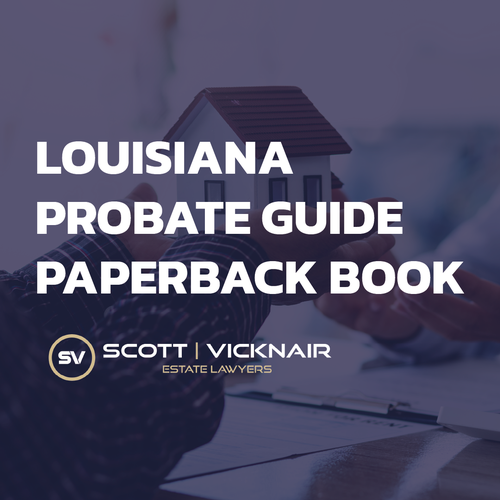If your loved one created a will, they probably did not intend for there to be ambiguity in the language about what should happen to their property or assets after death. However, people creating a will may inadvertently limit the provisions in a will by using ambiguous terms, and the court may have to make an interpretation. 
Seven Examples of Will Ambiguities
The list of possible testamentary ambiguities is almost endless. Any provision in the will that could have more than one reasonable meaning may be ambiguous and challenging for an executor or court to interpret. Some examples of ambiguities include:
- A bequest of real estate located at a particular address that is sold between the time the will is created and the testator dies
- A bequest of personal property that no longer belongs to the testator at the time of death
- A bequest of property to someone who is not of legal age
- A gift of a bank account or stock that no longer exists at the time your loved one dies
- A gift to someone who predeceased the testator
- A bequest written in such a way that it could have more than one potential recipient
- A gift of an asset that the testator did not fully own
In these situations, it may be difficult or impossible to comply with the terms of the will as it is written.
Your Loved One's Intent Controls How the Will Is Read
According to Louisiana law, the testator's intent controls the interpretation of a last will and testament. If the words in the will are clear, there is no need to consider the spirit of the will or what the testator may have meant.
However, if the testator's words are unclear, the court may use competent evidence about the testator's intent to interpret the will.
If your loved one's will contains any ambiguity, we encourage you to contact our experienced Louisiana estate litigation attorneys as soon as possible to make sure that your loved one's intent is honored and your inheritance is protected.
|
Related links: |














